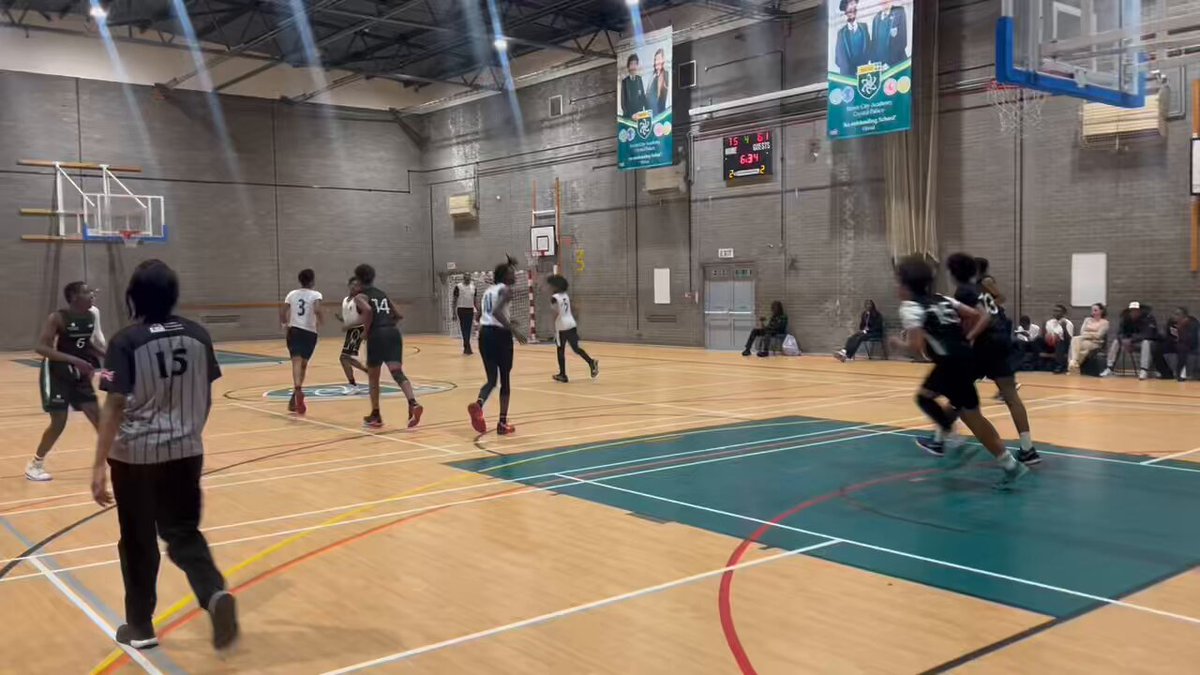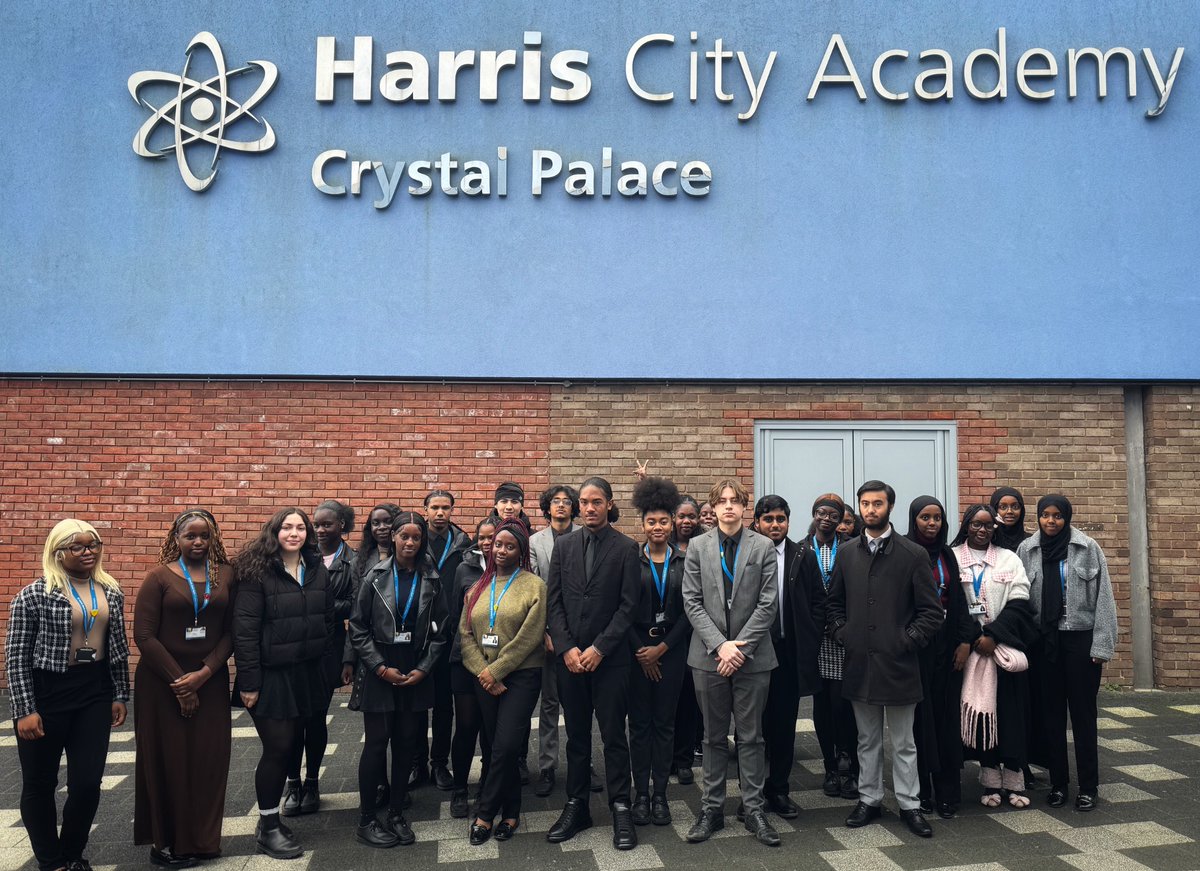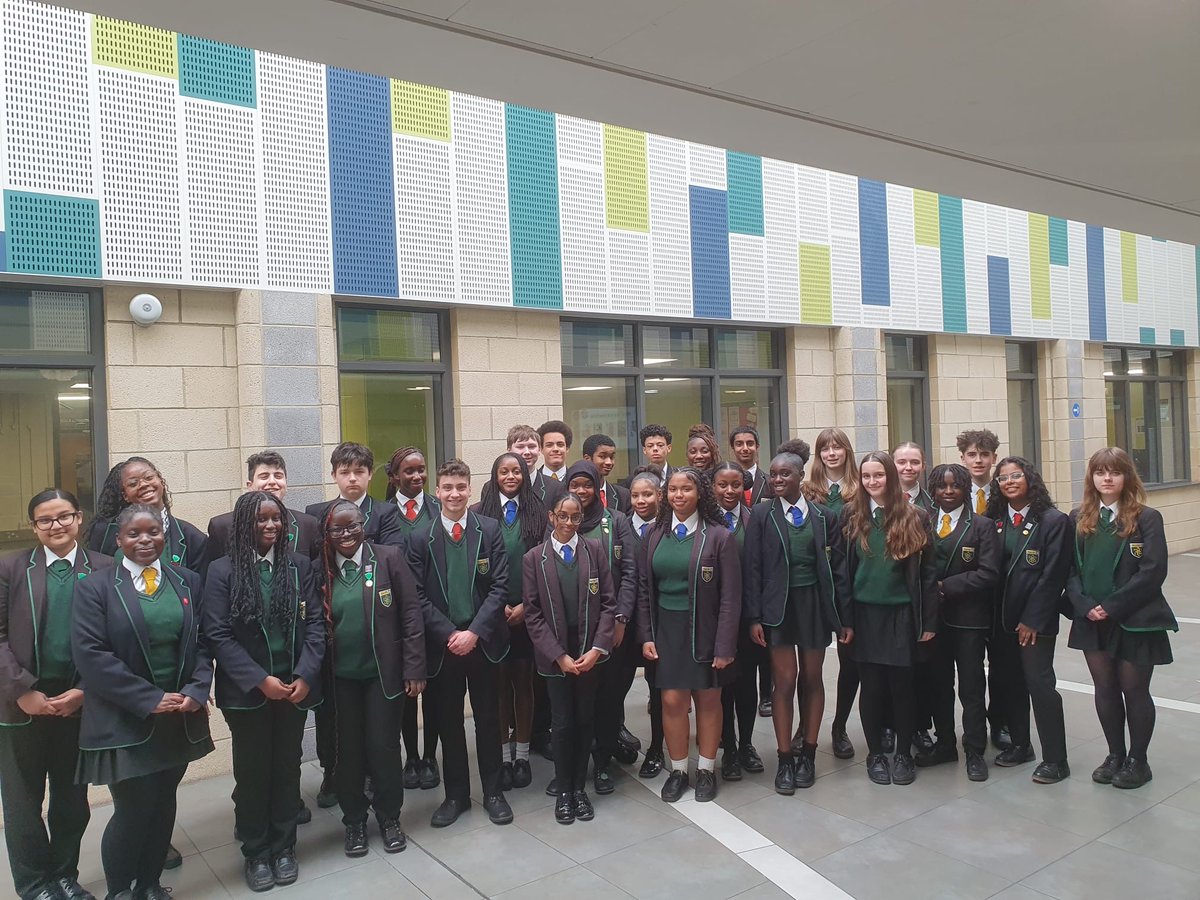PSHE/Relationships & Sex Education
Personal, Social and Health Education (PSHE) is an important and necessary part of all students’ education and every year group at HCACP receives continual PSHE education throughout the year. PSHE is a non-statutory subject. This page also covers Relationships and Sex Education (RSE).
A summery of topics covered is included lower down this page.
PSHE equips students with a sound understanding of risk and with the knowledge and skills necessary to make safe and informed decisions. There are no internal or external examinations for PSHE.
PSHE is delivered through tutor time and also special intensive 'off time-table' Thematic Days. There are three Thematic Days each year, one per term. On these days students are off their usual timetable and they explore a particular theme such as Healthy Living. Students attend different workshops on that theme.
The Academy uses external agencies, both public and private, as much as possible on these days to help the students get access to experts in these particular fields. Agencies used include LFB, LAS, Metropolitan Police, Trident, Voyage, Croydon Drop In, Lives Not Knives, NHS Teenage Pregnancy Team, RBS, Westminster Drugs Project, Alcoholics Anonymous, Families Matter, British Red Cross, Natwest Money Sense Team, Classroom Medics, Amphletts Solicitors, Only Connect, Beat Bullying and others.
PSHE/RSE Summary 2023-24
Here is a summary of topics covered in 2023-24, including Sex and Relationships Education (RSE). The summary is also available for download at the bottom of this page.
Autumn 1 Term - Transition and Relationships
All year groups start with Transition and first aid training.
Y7
- Safety to, from and in school
- Forming positive relationships
- Different family units and the different responsibilities within a family
- Self worth in relationships
- Consent
- Difference between biological sex, gender identity and sexual orientation
Y8
- Unhealthy relationships
- Dealing with strong emotions in the family and in other relationships
- Online relationships
- Trust in relationships
- Effect of puberty on relationships
Y9
- Evaluating romantic relationships
- Importance of family units and support networks
- Media’s portrayal of relationships
- Online intimate relationships
- Diffusing conflict in relationships
- Contraceptives
Y10
- Positive romantic relationships
- Difference between marriage and civil partnerships
- Recognising abusive relationships
- Managing and evaluating our romantic relationships
- Dealing with unwanted attention
- Differences between contraceptives
Y11
- Healthy sexual relationship
- Importance of parenting skills to family life
- Stereotypes normalising no-consensual behaviour
- Effect of faith/belief on relationships
- Managing grief in relationships
- Effect of teenage pregnancy and options
Y12
- Different relationships: professional versus personal
- Managing personal safety: meeting new people/dating apps
- Evaluate degrees of intimacy/pleasure
- Using dialogue to support and negotiate
- Managing the end of relationships
- Consent and influence of drugs/alcohol on decision making
Y13
- Managing mature friendships and making new friends in new environments
- Building meaningful relationships in the workplace
- Recognising and managing negative influences
- Harassment at work
- Strategies to recognise and de-escalate aggressive social situations
- Setting clear boundaries: online, personal, professional
Autumn 2 Term - Health
Y7
- Difference between mental and physical health
- How puberty affects mental and physical health
- Importance of self worth/confidence
- Speaking about emotions appropriately
- Recognising when others’ need help and how to support
- Importance of physical activity and diet for mental health
Y8
- Symbiotic relationship between physical and mental health
- Effect of puberty on relationships and mental health
- Characteristics of positive mental/emotional health
- Importance of resilience and how to manage disappointments
- Causes/triggers for unhealthy coping strategies: eating disorders
- Impact of sleep on mental and physical health
- Creating successful balance between work and life
Y9
- Effect of social media on mental health
- Language and stigma – mental health and its misconceptions
- Causes and triggers – self harm
- How does diet affect us and what influences food decisions
- Taking responsibility for our own physical well-being
Y10
- Mental health and stress
- Confidence and self-esteem
- Effect of actions on ourselves and others
- Pre-empting/spotting warning signs for unhealthy strategies
- Why is it important to look after ourselves, where to get help
- Assessing risks – cosmetic and aesthetic procedures
Y11
- Work/life balance
- Differentiating between helpful/unhelpful feedback
- Warnings signs for mental and emotional health concerns
- Importance of self-checking bodies for health concerns
- Advertisements influence on our health
Y12
- Same as Year 11
Y13
- Skills and strategies for staying safe during transition
- Being aware of your own mental health
- Common mental health conditions
- Self esteem, body confidence and the influence of social media
- Issues and considerations around enhancements/alterations
- Taking responsibility for health and where to go
- Use of contraception
Spring 1 Term - British values and the Law
All year groups
- British values
- Extremism and tolerance
- BLM and British identity
Y7
- What are our British values
- Universal Declaration of Human rights
- Equal opportunities
Y8
- What is democracy and how it protects us
- British Human Rights Act
- Challenging stereotypes
Y9
- Rule of law
- United Nations
- Tension between human rights and cultural beliefs
Y10
- Mutual respect and Equal Rights Act
- Safely challenging bigotry
- LGBTQ+ communities
Y11
- Tolerance in society
- Addressing and protecting from shame/honour based violence
- LGBTQ+ communities
Y12
- British values and social mobility options
- Honour based violence and how to report it
- Celebration of culture – BAME London
- Recognising prejudice/discrimination
Y13
- British values and social mobility – university, job opportunities
- Relationships and different cultures
- Safely challenging prejudice
- Rights and responsibilities - inclusion
Spring 2 Term - Living in the Wider World
Y7
- Organisational skills
- When young people can get jobs and what jobs
- Importance of finances for Year 7
- Effect of advertising on spending
- Importance of internet in our lives
- Negative and positive effects of online presence
Y8
- Strengths and weaknesses – how to develop
- Rights and responsibilities in a job
- Importance of money and how debt is incurred
- Effect of advertising and peers
- Establishing rules and boundaries on the internet
- Evaluating appropriate content online
Y9
- Importance of being life long learner
- Managing emotions in a job
- How money affects our finances
- Moral and social dilemmas of spending - exploitation
- Risks and benefits of the social media
- Trusting the media and different perspectives
Y10
- How to evaluate ourselves
- Confidentiality
- Budgeting
- What influences our financial decisions
- Internet – opportunities and how to find them
- Social media influence on opinions and perceptions
Y11
- Employability
- Challenging discrimination in the work place
- Assessing risks when dealing with money
- Dealing with financial challenge and seeking help
- Protecting our professional identity on the internet
- How data is generated and used on the internet
Y12
- Enterprising
- Setting realistic but ambitious career goals
- Evaluating next steps
- Job interviews
- CVs
- Rights and responsibilities as a casual employee
Y13
- Being professional and H&S in the workplace
- Trade unions
Mock preparation
Summer 1 Term - British Values
Y7
- What is grooming and sexual harassment
- Bullying and its impact
- Promoting inclusivity
- Peer on peer abuse
- Why young people carry knives and the risks
Y8
- What is sexual abuse and emotional abuse
- Why some people are deliberately targets and what we should do
- How to recognise and challenge discrimination
- Ending peer pressure
- Misconceptions of knife crime
Y9
- Violence and exploitation
- Impact of stereotyping and bullying
- Unacceptable prejudiced based language
- Influences to join gangs
- Strategies and managing pressure to join gangs
Y10
- Manipulation and coercion
- The Law and abuse
- Impact of domestic abuse
- Evaluating our own behaviour towards others
- Factors that contribute to people getting involved in crime
Y11
- Recognising coercion and what to do
- Exploitation
- Law behind forced marriages
- Recognising situations where a person is being influenced and how to help
- Factors to getting involved in crime
Y12
- Personal budget
- Managing salary and tax
- Importance of saving
- Managing financial contracts and bills
- Debt and repayments
- Consumer rights
Y13
Exams
Summer 2 Term - Health
Y7
- Why dental and personal hygiene is important
- Positive and negative uses of drugs
- Short term affects of drugs and alcohol on a person
- What is risk and why is it good
- How do we get help or administer first aid
- How do our bodies change?
Y8
- Health services
- Myths and misconceptions about alcohol
- Managing personal safety
- Risks to gambling
- How do we manage our changing bodies
Y9
- FGM
- Myths and misconceptions about drug use
- Personal and social risks to taking alcohol
- Assessing risk and health risks
- Chance based risks
- Risks in intimate and sexual activity
Y10
- FGM
- Consequences of alcohol abuse
- Identifying unhealthy behaviours
- Risks online and in new settings
- Strategies for risky and emergency situations
- Risks of unprotected sex
Y11
Exams
Y12
Personal statements and UCAS
Y13
Exams
Covered in additional sessions/thematic days/science and PE lessons:
- FGM
- Body Image and the media
- County lines
- Extremism and terrorism (PREVENT)
- Online safety
- Sexual harassment
Documents
| PSHE 2023 2024 summary sheet | Download |























